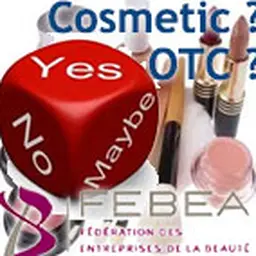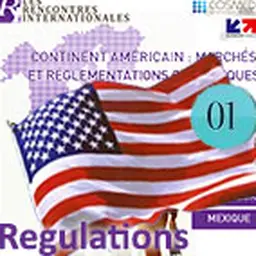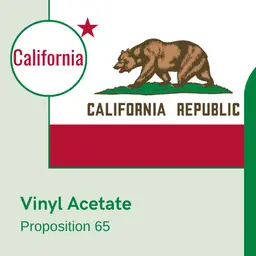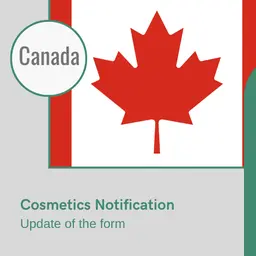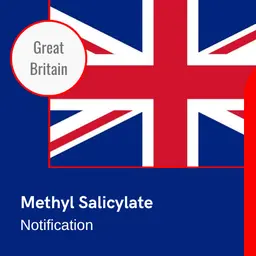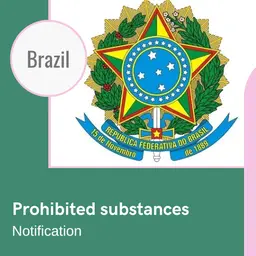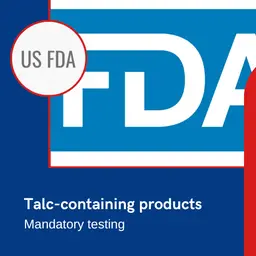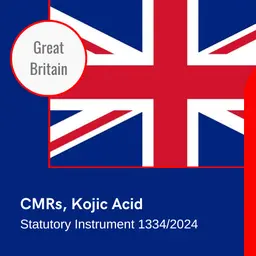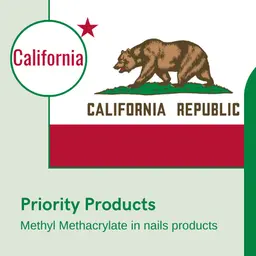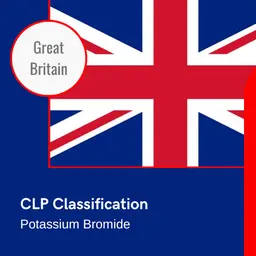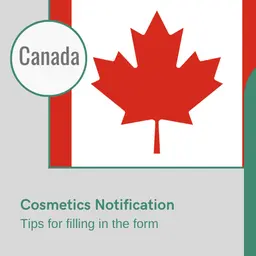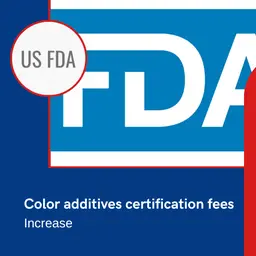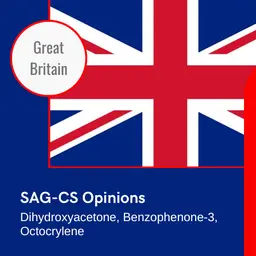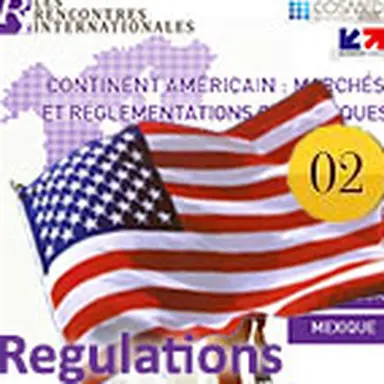
At the International Congress organized by Cosmed on June 10, 2016, Linda M. Katz, Director of FDA’s Office of Cosmetics and Colours, presented American cosmetics regulations, from safety requirements to market surveillance.
After dealing with the distinction between cosmetics and OTC drugs and the particular status of colourants (see our article, ‘ American cosmetics regulations (1/2) ’), Linda M. Katz went on focusing on product safety assessment, labelling rules, claims, adverse effects, and market surveillance.
Safety assessment
FDA uses several references to determine its priorities and assess cosmetic product safety:
• FDA’s database of adverse event reports (CAERS)
• Historical recall data and inspectional findings
• Data from FDA’s Voluntary Cosmetic Registration Program and available sources of public information
• FDA research (laboratories and contracts), other published scientific literature
• Data from other US government agencies (such as the NTP)
• Findings of the Cosmetic Ingredient Review (CIR) Expert Panel
• Findings of other authoritative bodies (International regulatory agencies, IOM)
• Data and information from the cosmetic industry, others
But the manufacturer bears responsibility for the safety of marketed products. Manufacturers or distributors should have obtained all data and information needed to substantiate the safety of the product before marketing.
They can do it by means of
in vitro
,
in vivo
or
in silico
tests, or use data that is already available.
Alternatives to testing
Use of scientifically validated in-vitro , …



